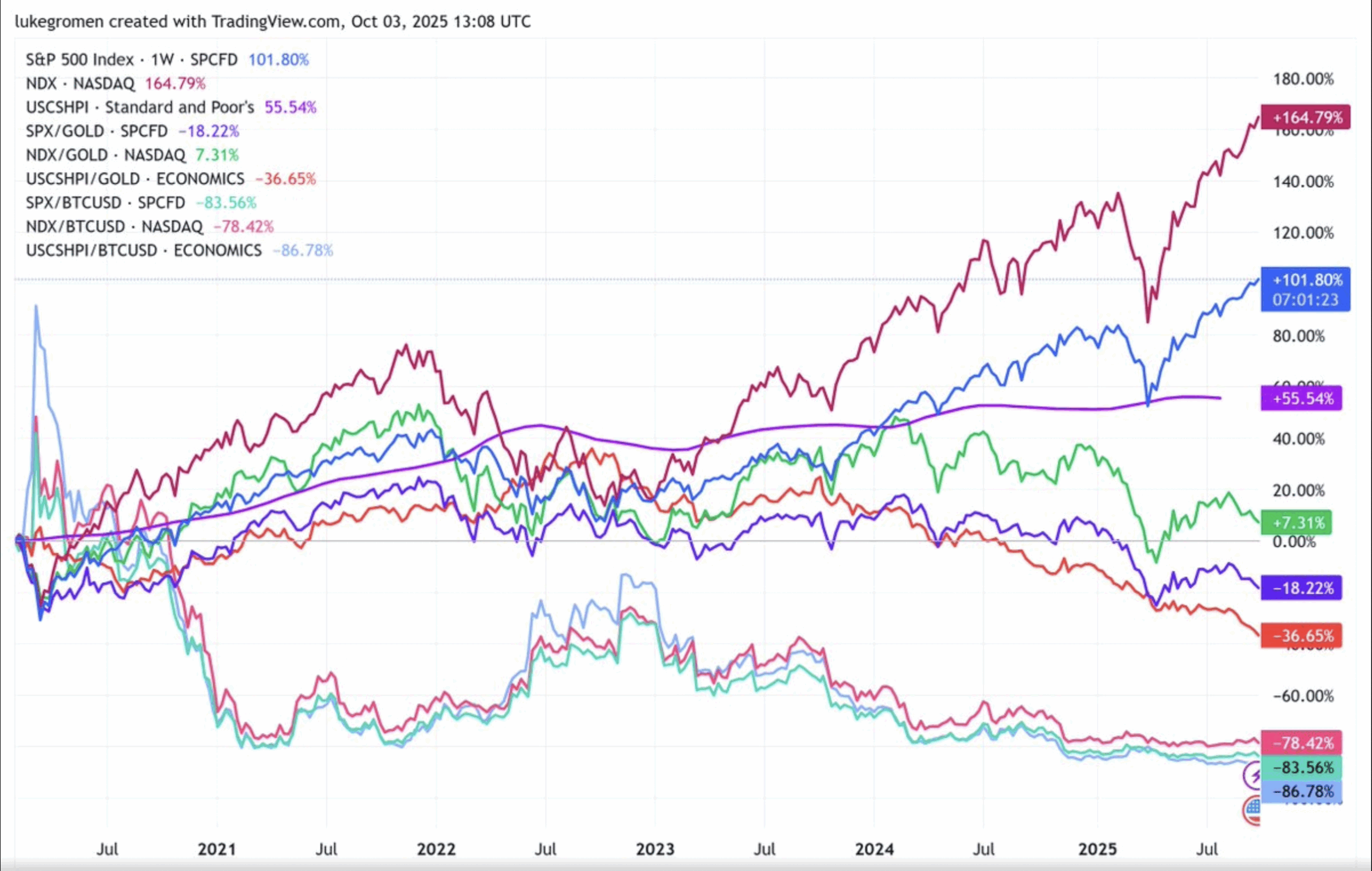A serious threat shuts down a concert in Vienna as Washington withdraws from terrorist hot spots.
The terrorist plot against a Taylor Swift concert in Vienna last week is the latest indication that the terror group Islamic State poses a growing threat to the U.S. and its interests. You wouldn’t know it based on the Biden administration’s withdrawal from terrorist hot spots across South Asia, the Middle East and Africa. The plot, which could have killed dozens of Americans attending the concert, should be a wake-up call for a more robust U.S. counterterrorism policy.
The alleged plotters had both the intention and capabilities to conduct a major attack. One of them, a 19-year-old Austrian, had recently pledged loyalty to ISIS. According to the head of Austria’s Directorate of State Security and Intelligence, he was aiming to kill “as many civilians as possible” in a suicide attack. He and one of his alleged accomplices, a 17-year-old man, had apparently radicalized online.
Police found machetes, knives, Islamic State propaganda and counterfeit currency at the 19-year-old’s house in Ternitz. They also seized bomb-making material such as timers, wires, and TATP, a primary explosive known as “Mother of Satan.” In addition, the 17-year-old had conducted reconnaissance of the stadium where Ms. Swift was scheduled to play. Disturbingly, he had recently started a job for an event-services company that worked at the stadium.
A successful attack could have been devastating. The sold-out Vienna leg of Ms. Swift’s Eras Tour, the highest-grossing music tour of all time, was expected to draw 65,000 concertgoers a day for three consecutive days. Austrian officials expected as many as 20,000 more fans to congregate outside the stadium during the concerts.
Public venues, including concerts, are tempting targets for terrorists. The March 2024 Islamic State attack at Moscow’s Crocus City Hall killed 145 and wounded 551. In May 2017, Salman Abedi killed 22 people and injured 1,017 with a backpack bomb outside an Ariana Grande concert in Manchester, England. In November 2015, Islamic State terrorists killed a total of 138 people and wounded 416 in Paris, including at the Bataclan theater during a concert for the American band Eagles of Death Metal.
While disturbing, the plot against Ms. Swift’s concert wasn’t a surprise. U.S. and other officials have repeatedly warned that Islamic State and its Afghanistan affiliate, Islamic State-Khorasan Province or ISIS-K, pose a serious threat. A July 2024 report from the United Nations Security Council concluded that the threat posed by Islamic State “has grown,” including with “increased threat levels in Europe.”
Over the past year alone, Islamic State has been linked to terrorist attacks and plots in Afghanistan, Austria, Belgium, Germany, India, Iran, Pakistan, Russia, Serbia, Switzerland and Turkey, among others. On July 25, the day before the opening ceremony of the Paris Summer Olympics, Belgian authorities arrested suspected members of ISIS-K for planning a terrorist attack. And in June, U.S. law enforcement arrested eight suspects with possible Islamic State ties who had crossed the border from Mexico.
Yet the U.S. has cut and run from terrorist sanctuaries. This month the U.S. military turned over control of its final base in the African country of Niger even though the Islamic State and al Qaeda are on the rise in the region. U.S. and French forces also withdrew from nearby Mali and Burkina Faso. Perhaps most alarming, the U.S. left Afghanistan, the country that houses ISIS-K leaders, in a catastrophic withdrawal in 2021.
To get a handle on future threats, the U.S. should start by targeting any Islamic State terrorists, including those based in Afghanistan, who are plotting attacks in the West, including at venues like the Taylor Swift concert. It won’t be easy. Without bases in the region, the U.S. has to fly drones such as the MQ-9 from bases in the Persian Gulf for intelligence collection, surveillance, reconnaissance and strike missions.
More broadly, America needs to reassess its counterterrorism posture across South Asia, the Middle East and Africa, where both Islamic State and al Qaeda remain threats. China and Russia pose a serious challenge, but so do terrorist groups.
The terrorist plot against the Taylor Swift concert was a close call. Dozens of Americans—including teenage girls—could have been killed and wounded. The next time, we may not be as fortunate.
To see this article in its entirety and to subscribe to others like it, please choose to read more.
 Listen Online
Listen Online Watch Online
Watch Online Find a Station in Your Area
Find a Station in Your Area









 Listen Now
Listen Now Watch Online
Watch Online
